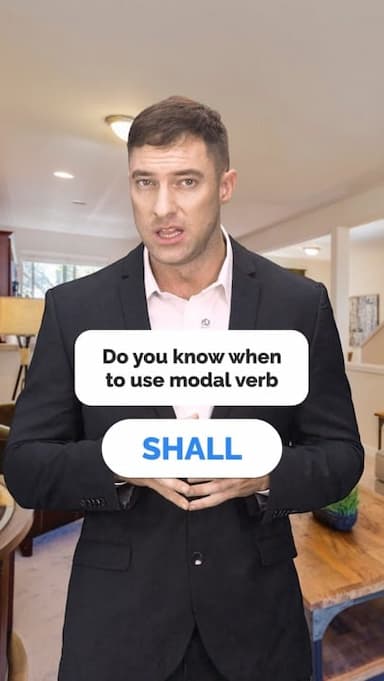Inverted Conditionals
Inverted conditionals are a great way to make your sentences more formal and sophisticated. This video explains how to transform regular conditional sentences into their inverted forms.
1/ First Conditional:
Regular: If you study, you will do well in your exam.
Inverted: Shall you study, you will do well in your exam.
2/ Second Conditional:
Regular: If I were rich, I would buy a mansion.
Inverted: Were I to be rich, I would buy a mansion.
3/Third Conditional:
Regular: If you had worked harder, you would have passed your exam.
Inverted: Had you worked harder, you would have passed your exam.
In each case, the inverted form of the sentence maintains the same meaning but gives it a more formal tone.
For instance, "If you are hungry, I will give you a snack" can be inverted to "Shall you be hungry, I’ll give you a snack," making it sound more polished.
Understanding and using inverted conditionals can greatly enhance your English writing and speaking skills, especially in formal English. Our video will guide you through each type of conditional, providing clear examples and explanations to help you grasp this advanced grammar topic. Watch the video and start using inverted conditionals to elevate your English today.
Get the full app experience
Engaging video lessons and fun quizzes to help you ace your English.
Improve your English Level
Improve your pronunciation
Practice conversations
Sharpen your listening Skills
Fix common mistakes in English
Learn Grammar in a fun way
Expand your English Vocabulary
Coming soon to Google Play
© 2023 fluentjoy.com












